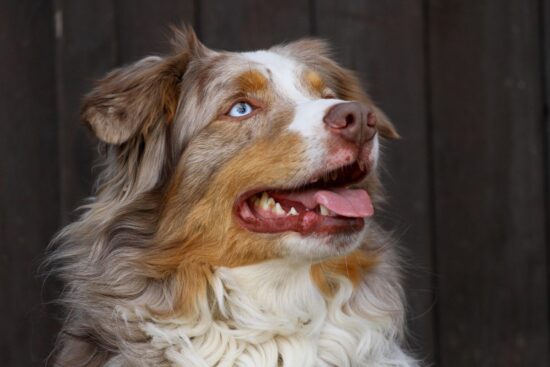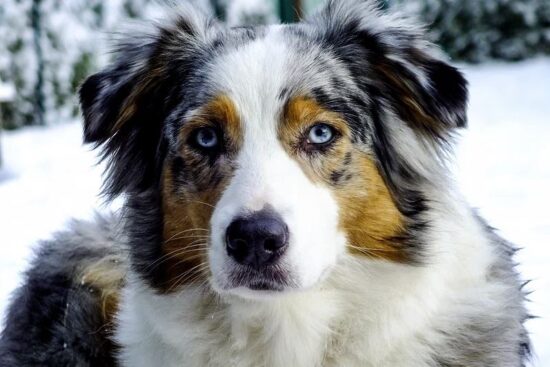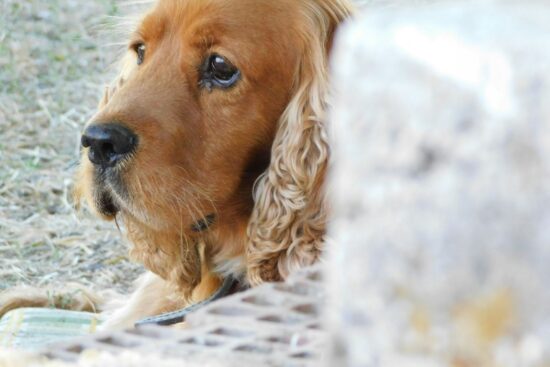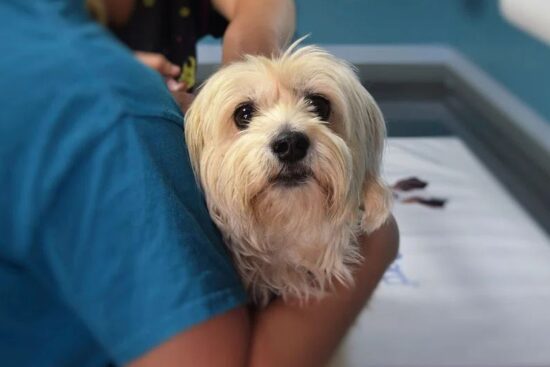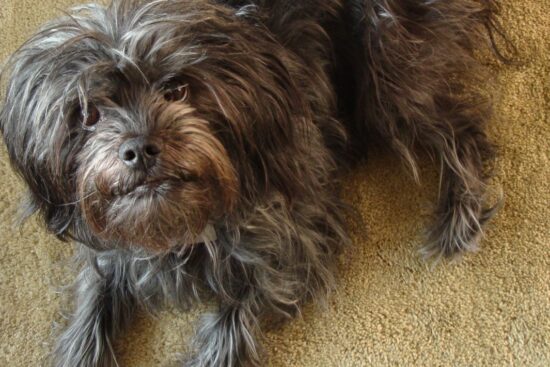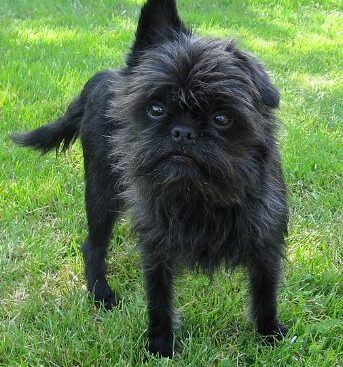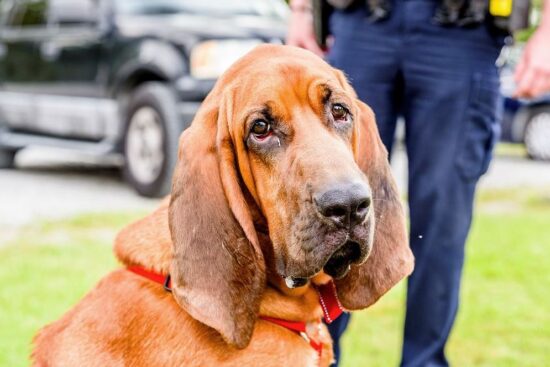
The Cavalier King Charles Spaniel is a charming and affectionate toy breed known for its beautiful, expressive eyes and gentle nature. Here is some general information about the Cavalier King Charles Spaniel:
Cavalier King Charles Spaniel Origin
The Cavalier King Charles Spaniel has a long and noble history that can be traced back to the 17th century in England. They were favored by British royalty, particularly King Charles II, who gave them their name. The breed was depicted in various paintings and tapestries from this era, showing their popularity among nobility.
Cavalier King Charles Spaniel Appearance
The Cavalier King Charles Spaniel has a small, well-proportioned body with a silky, medium-length coat. They have a slightly rounded skull with a short, tapered muzzle and large, dark, and expressive eyes. Their ears are long and feathered, hanging gracefully beside their face. The breed’s coat comes in four color patterns: Blenheim (chestnut markings on a white background), Tricolor (black and tan with white), Black and Tan, and Ruby (solid red).
Cavalier King Charles Spaniel Size
Cavalier King Charles Spaniels are small-sized dogs. Adult males and females typically stand between 12 to 13 inches (30-33 cm) tall at the shoulder. They usually weigh between 13 to 18 pounds (6-8 kg).
Cavalier King Charles Spaniel Temperament
Cavalier King Charles Spaniels are known for their friendly, gentle, and affectionate nature. They are excellent companion dogs and enjoy being with their families. They are social and get along well with children, other dogs, and even strangers. Their loving and easy-going temperament makes them well-suited for families and individuals alike.
Cavalier King Charles Spaniel Energy Level
Cavalier King Charles Spaniels have a moderate energy level. While they enjoy playtime and short walks, they are not overly demanding in terms of exercise. Regular indoor play and interaction with their family are usually sufficient to keep them content and happy.
Cavalier King Charles Spaniel Compatibility
Cavalier King Charles Spaniels make wonderful family pets due to their friendly and loving disposition. They are also well-suited for seniors and individuals living in apartments, as their small size and moderate exercise needs make them adaptable to various living situations. They are generally good with other pets and are usually not aggressive.
Cavalier King Charles Spaniel Grooming
The Cavalier King Charles Spaniel’s coat is moderately long and requires regular grooming to prevent matting and tangles. Regular brushing helps keep their coat clean and free of loose hair. They shed moderately, with heavier shedding occurring during seasonal changes. Routine care includes nail trimming, teeth brushing, and cleaning of the eyes and ears.
Cavalier King Charles Spaniel Health
While Cavalier King Charles Spaniels are generally a healthy breed, they may be prone to certain health issues, including heart problems, syringomyelia (a neurological condition), ear infections (due to their long, floppy ears), and dental issues. Regular veterinary check-ups, a balanced diet, and maintaining a healthy weight are important for their overall well-being.
Cavalier King Charles Spaniel Trainability
Cavalier King Charles Spaniels are intelligent and eager to please, which makes them relatively easy to train. They respond well to positive reinforcement training methods that involve rewards, praise, and consistency. Early socialization and basic obedience training are important to ensure they grow into well-mannered and well-adjusted dogs.
Cavalier King Charles Spaniel Longevity
On average, Cavalier King Charles Spaniels have a lifespan of around 12 to 15 years. With proper care, a balanced diet, regular exercise, and regular veterinary attention, some individuals may live even longer.
The Cavalier King Charles Spaniel’s loving and friendly nature, combined with their elegant appearance, makes them a popular choice among dog lovers. Potential owners should be prepared to provide them with the love, attention, and care they need to thrive as happy and content family companions.











